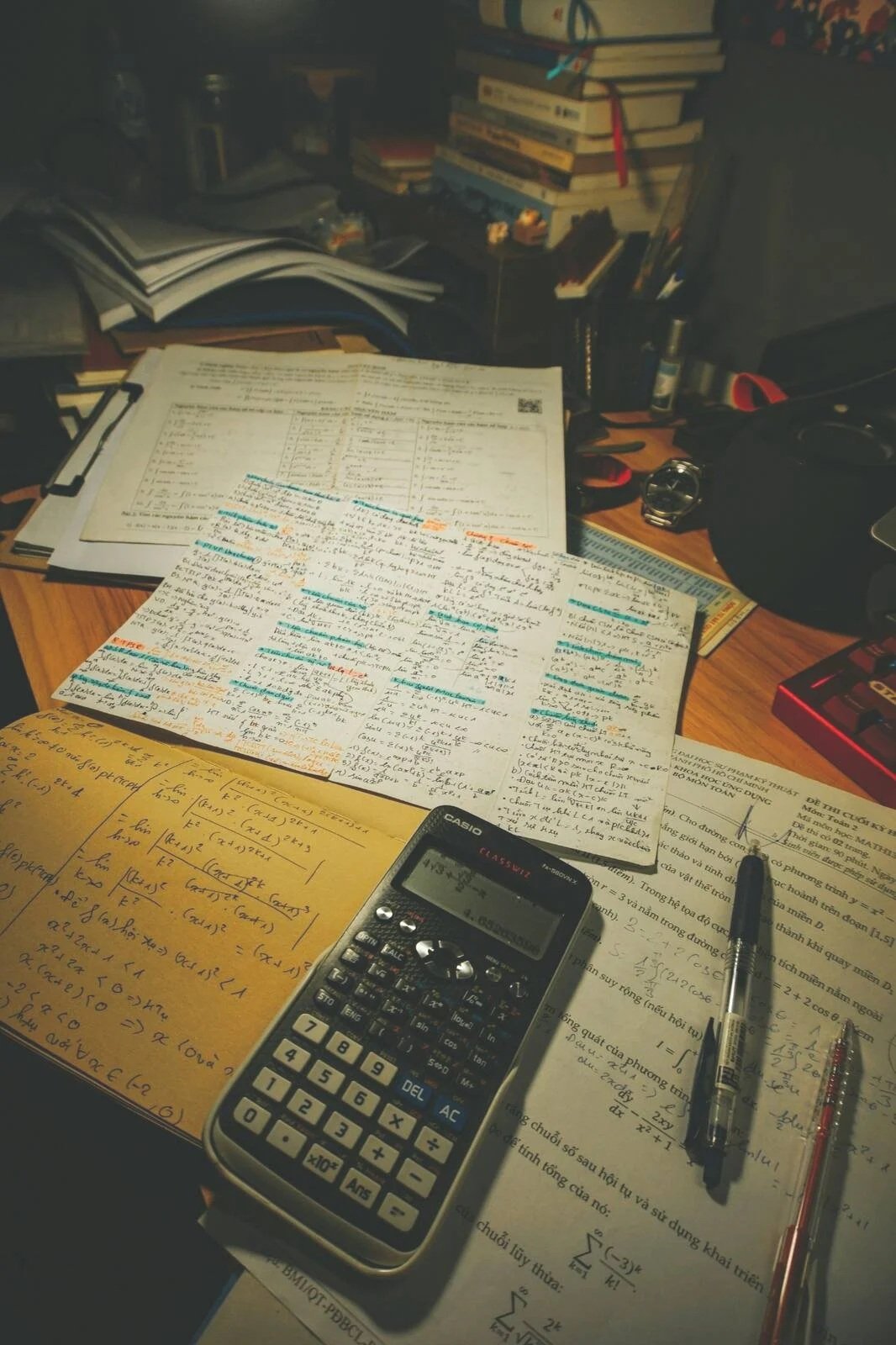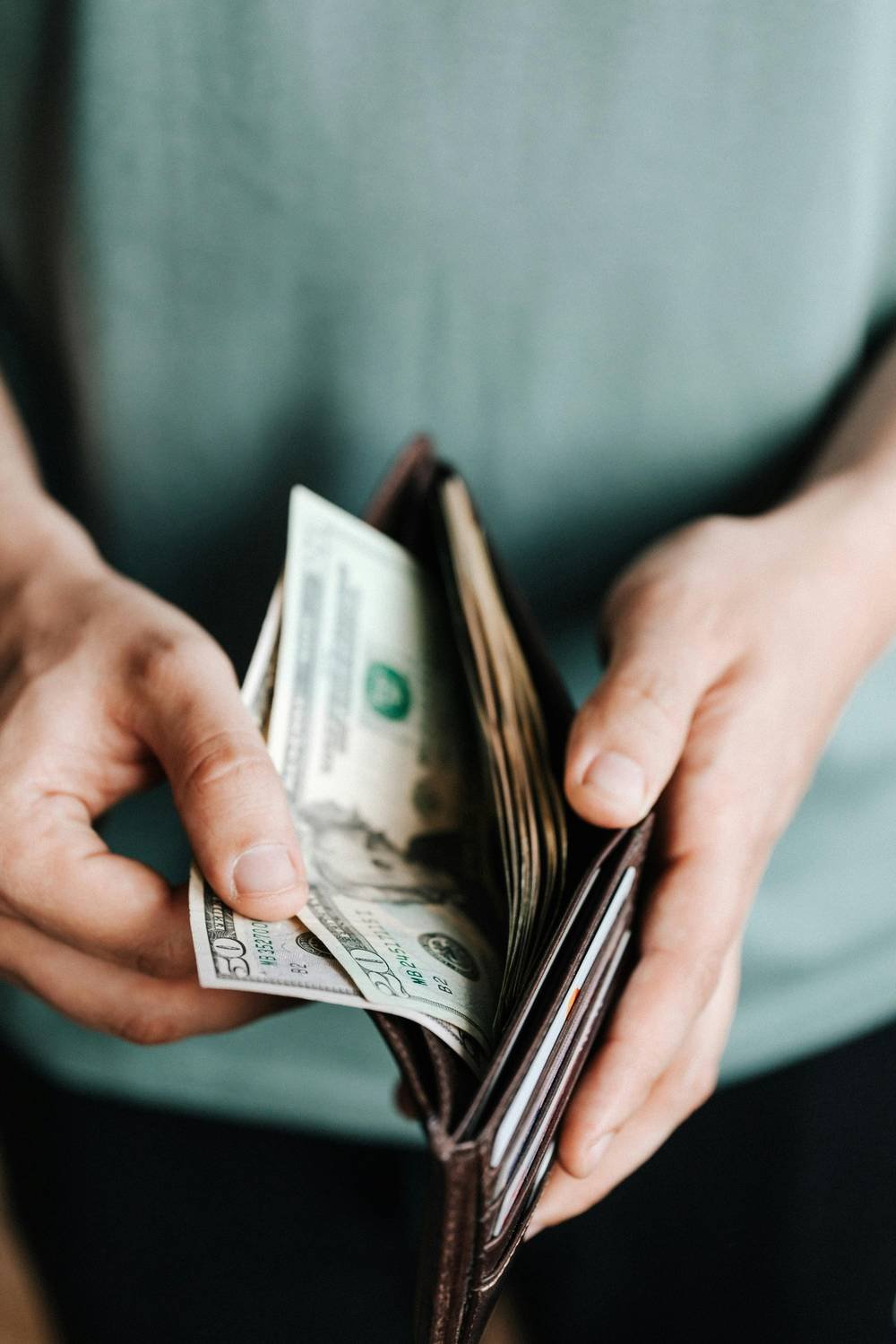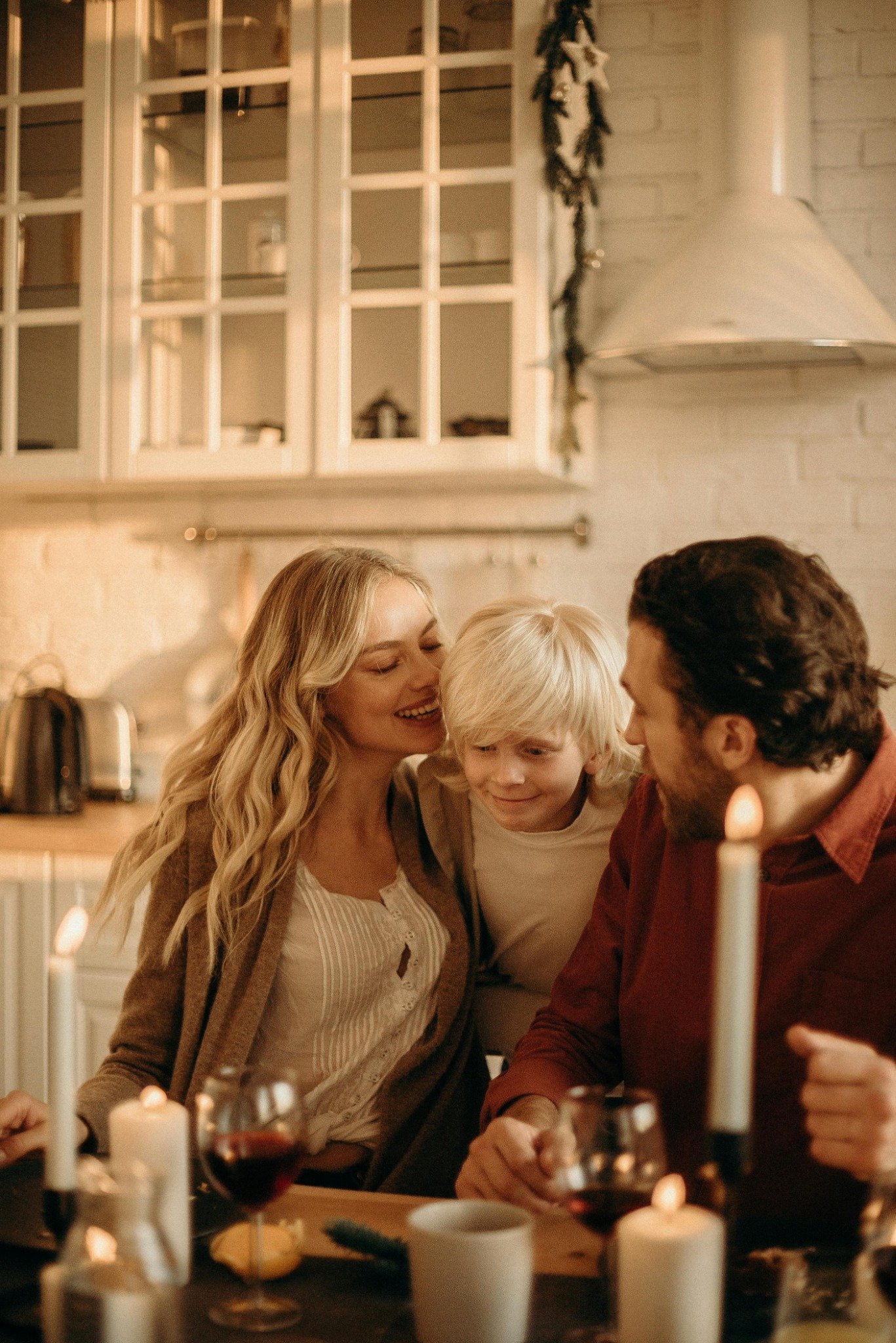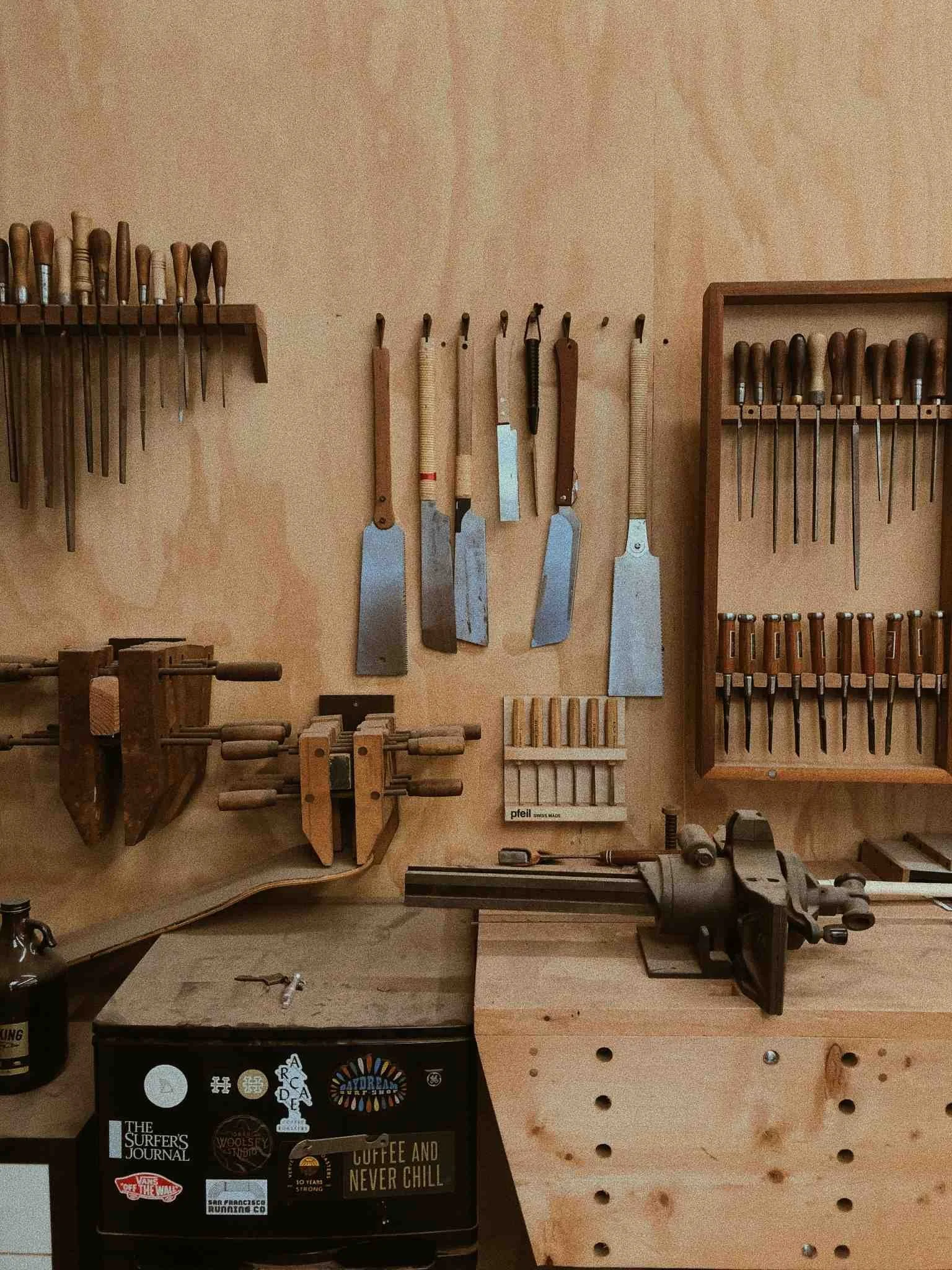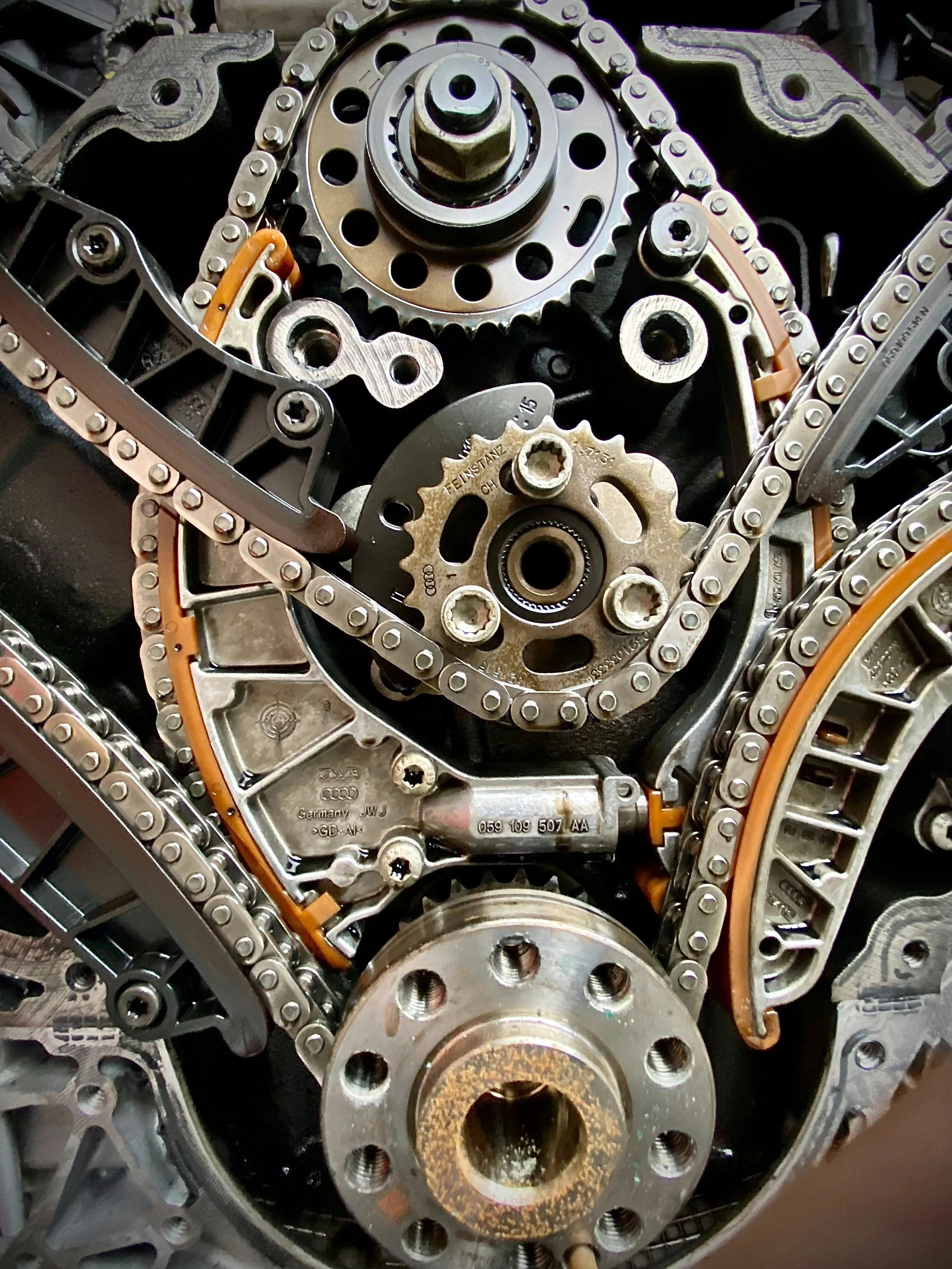Is Your Money Mindset Stuck in the Past? Stop Feeling Guilty About Money
Photo by daan evers on Unsplash.
Reading time: 8 minutes
Understanding Your Money Mindset
A Weekend Ritual and Its Financial Implications
There is a bakery and coffee shop our family likes to visit in the weekends. It’s about a 45-minute walk through a beautiful park from where we live, tucked away in a historic 17th-century estate. The bakery carries on a long tradition of artisanal craftsmanship, producing freshly baked breads and other goods on site.
That said, I feel their actual offerings to be quite average. They bake German pretzels on site–which I normally love–but to be honest, I think the ones we buy at our local supermarket are better (and 4-5 times cheaper). They do seem to have a good selection of cakes, though we usually arrive early in the morning so we’re generally looking for something else. Their drink selection is also quite limited if you try to look for something beyond coffee. Long story short, we go there because we love the location and it is conveniently placed in our walk, not for the quality!
At one point last week, though, after being a bit disappointed with their selection, I muttered under my breath to my partner something like, “I can’t believe we just spent 15 euros on this”. She immediately glared back at me and reminded me that we are not students anymore and that I should stop fretting about these little expenses. And, of course, she is right. We have the big picture financial items under control, we shouldn’t focus on the little items that barely move the needle.
Her comment did prompt me to reflect on how my financial mindset has evolved over the years. On the one hand, it is normal to regret spending money in some circumstances, especially if the purchase didn’t align with your expectations or values. But, of course, this shouldn’t be the case with buying some coffee. Although it is something I am working on, it still happens now and then that I get a bit frustrated when we spend €10-15 on something that is not providing–in my mind at least–"sufficient value". How has my perception of spending €15 transformed over the past 15 years?
Reflecting on Past Financial Habits
When I was in my early twenties, I was definitely careful about how I spent €15. Although I did have a few summer jobs during my studies, I was very fortunate that my parents were able to support me throughout college. This included a small monthly allowance of around €120, if I remember correctly. So, if this was the budget I had to work with, I was right to be concerned back then about how I spent €15—it represented a little over 10% of my budget!
Fast forward 15 years to today, though, and €15 should represent a very different fraction of most household’s net income. According to official salary data, median salaries in Germany were, as of April 2024, €4,634, which after tax is about €2,960. If both members of the household are working, this means the monthly budget would have gone up by at least 50 times during this time period, and 15€ would represent less than 0.3% of your budget now. So, if my purchasing power has gone up in the order of 50 times, why do I still have similar feelings about those 15 euros?
The Emotional Weight of Money
The answer to this question, I think, is surprisingly simple: Money is never just math. Money is also emotions. As we covered in a previous post, Morgan Housel’s The Psychology of Money captures this brilliantly. One of his key lessons was that behavior, not intelligence, is what drives our financial outcomes. And, of course, it turns out my behavior is shaped by personal experiences, not by cold logic.
When I was a student in my early 20s, €15 was a meaningful amount of money, and some of the emotions I’d likely attach to it–scarcity, vigilance, some anxiety–may have been helpful to navigate that particular stage of life. But, unfortunately, emotional habits formed during times of scarcity often linger, even long after the scarcity has passed—yet these old patterns can be retrained, turning uncertainty and change into opportunities for growth rather than triggers for fear.
This is why, even today, spending €15 on a mediocre coffee and pretzel can still trigger that small wave of guilt, even though my financial situation today is dramatically different than it was back then. Again, money is never just math, money is also managing our emotions. Sometimes we think we are reacting to numbers, when in reality we just reacting to memories or associations deep in our subconscious. Understanding that money decisions are influenced by both logic and emotions is very important.To stop feeling bad about spending money, it helps to reframe the situation by acknowledging your current financial reality and allowing yourself small, guilt-free pleasures.
Housel emphasizes that financial choices often hinge more on being reasonable than rational. A strictly rational behavior could treat €15 today with no emotional weight if the math says it doesn't matter. But we aren't spreadsheets, we are humans, and carry around with us stories and narratives. Being reasonable here means understanding where those feelings come from, honoring them, and then gently updating our reactions to match our current reality. Emotions are tricky, and sometimes it is more effective to gently acknowledge them and move on than to try to eliminate or suppress.
If you find yourself feeling guilty about minor expenses despite financial stability, you're not alone; many share this experience. But it’s definitely also worth working on. Holding onto every euro or dollar due to past financial fears can diminish your quality of life, even when financially secure. Isn’t the whole purpose of money–a tool–to support us so we can live out our best possible life?
Let Go of Guilt and Reclaim Joy in Spending
And practically speaking? Let’s check whether these €10-€15 purchases even move the needle. I used our new, financial independence calculator (screenshot below) and, while this varies depending on the example, we are likely talking about 0.2-0.4 years of your financial independence timeline. So, assuming you spent this amount weekly, for most this really doesn’t move the needle. What truly impacts our lives is experiencing positive emotions daily, rather than being hindered by unresolved past financial emotions.
Road to Financial Independence using our new, Financial Independence Calculator—free if you subscribe to our email newsletter.
If coffees and pretzels don’t move the needle, then what does? Which are the financial levers and other aspects that do matter most? Here, I present a short list of important aspects we’ve covered in previous articles:
Practicing stealth wealth and abandoning an unreasonable pursuit of status.
Consider embracing green values, which can be highly aligned with the pursuit of FI.
Tracking and optimizing your savings rate. Note here I am not referring to saving on coffees, but to focus our energy on the bigger ticket items.
Considering a pay-yourself-first budget.
Which safe withdrawal rate will you choose for your financial independence journey.
Investing in internationally diversified, low cost index funds.
Staying the course and not panicking during market downturns.
Consider relocating to countries that facilitate a quicker path to financial independence.
Explore retirement options in countries or regions with a lower cost of living.
When planning to raise a family, make informed financial decisions to maintain your financial independence journey.
Reduce non-essential expenses that have minimal impact on your overall quality of life.
Given personal and regional factors, evaluate the pros and cons of home ownership versus renting.
Maintain good health through consistent and positive wellness routines.
In urban areas, consider a car-free lifestyle to reduce expenses and support financial goals.
The occasional coffee-and-pretzel splurge? Almost irrelevant at the macro level.
Past scarcity doesn’t define present abundance. If today’s post resonated with you and you’ve also experienced similar feelings of guilt over insignificant items, go ahead and treat yourself to something. Observe your emotions, note them, and let them go.
Regret over past spending is natural, but you can move forward by reflecting, learning, and giving yourself permission to enjoy your money responsibly. Money is only a tool and we are here to live our best possible life—a life that can actually improve when faced with change and unpredictability, if we design it with antifragility in mind.
What’s money emotions do you carry around with you? Which of the main takeaways from The Psychology of Money do you relate do the most? Do you have any other book or suggestions that could help others better navigate their emotional relationship with money? Please share with us in the comments below!
🌿 Thanks for reading The Good Life Journey. I share weekly insights on money, purpose, and health, to help you build a life that compounds meaning over time. If this resonates, join readers from over 100 countries and subscribe to access our free FI tools and newsletter.
👉 New to Financial Independence? Check out our Start Here guide—the best place to begin your FI journey.
Enjoyed this post? Don’t miss our article covering the importance of index funds in your financial independence journey or our insights on flexible withdrawal strategies for early retirement.
Disclaimers: I am not a financial adviser, and the content in this website is for informational and educational purposes only. Please consult a qualified financial adviser for personalized advice tailored to your situation.
About the author:
Written by David, a former academic scientist with a PhD and over a decade of experience in data analysis, modeling, and market-based financial systems, including work related to carbon markets. I apply a research-driven, evidence-based approach to personal finance and FIRE, focusing on long-term investing, retirement planning, and financial decision-making under uncertainty.
This site documents my own journey toward financial independence, with related topics like work, health, and philosophy explored through a financial independence lens, as they influence saving, investing, and retirement planning decisions.
Check out other recent articles
Join readers from more than 100 countries, subscribe below!
Didn't Find What You Were After? Try Searching Here For Other Topics Or Articles:



